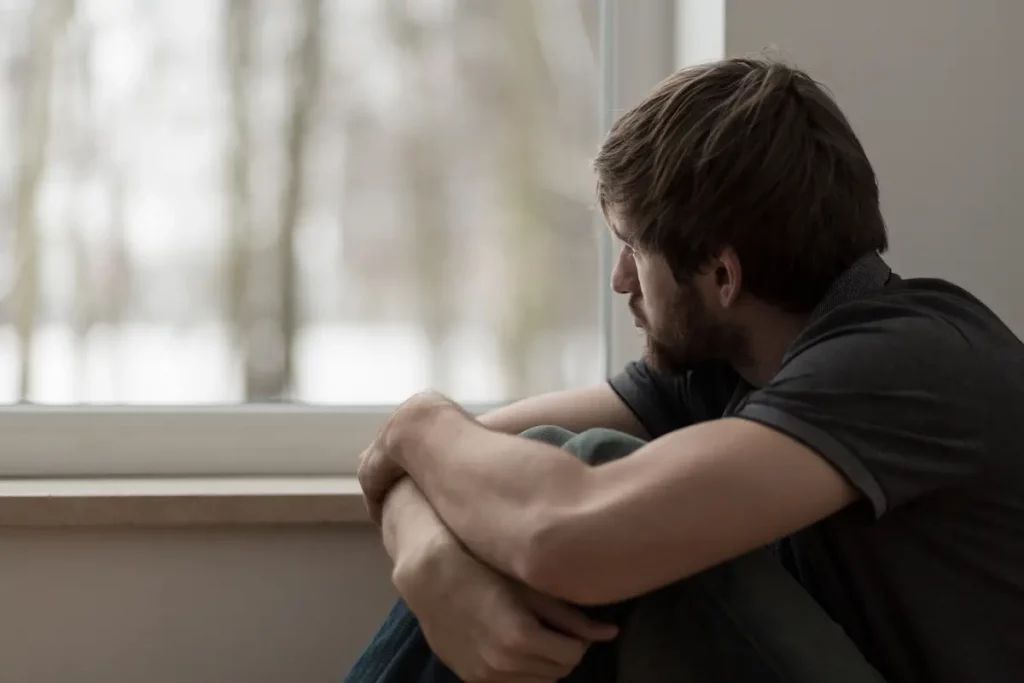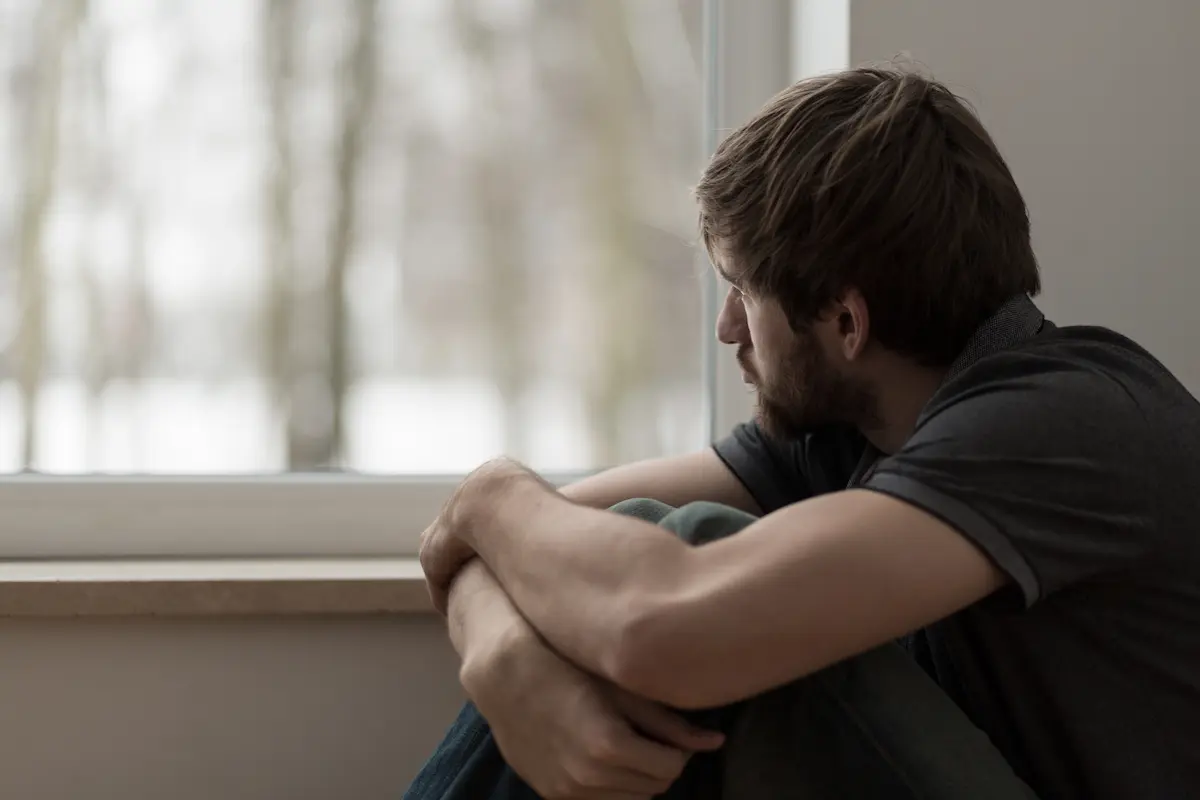Some people may feel distant from their parents or family as a whole. This distance can cause feelings of hatred, which are valid and need to be acknowledged and accepted for you to move on and overcome your negative emotions. You can cope by ending relationships or seeking therapy.
It’s challenging to be in a situation where your relationship with your family is toxic or unsustainable. But, when you begin to feel hatred towards these family members, you may be wondering if your feelings are okay. When you’re in a position where you don’t get along with your family, it’s critical to understand why.
It doesn’t make you a terrible son or daughter to dislike your family and it doesn’t make you any less deserving of love than anyone else. Understanding the gap between you and your family, on the other hand, may be a beneficial and eye-opening experience. It has the potential to teach you about values and what you’re willing to tolerate in life.

Related Reading: Reasons Why Family Often Hurts You the Most
Is It Okay to Hate Your Family?
For some individuals, feeling detached from their family can cause distress and bring up questions about why they have intense feelings of hatred towards their relatives.
While you may feel unjustified in your emotions, there could be a valid reason for your feelings. Society has programmed us to feel guilty for many of our emotions, including hatred toward our family. It’s important to remember that your feelings are valid, no matter their cause.
As children grow and develop, so does their view of the world. Part of forming your identity is rooted in deciding on serious issues for yourself.
While your parents may shape how you think or act, you may begin to deviate from their way of thinking as you age. This is entirely normal and should be encouraged to help you form a more well-rounded sense of self.
Suppose you feel conflicted or guilty for your negative feelings towards your family. In that case, you need to reassure yourself that it’s okay to have a disconnect from certain people – whether you’re related or not!
Instead of trying to change your emotions, it may be healthier to instead find effective coping mechanisms to learn how to navigate this situation. Before you can learn how to cope, you must first figure out why you hate your family and identify the most common signs of a toxic family relationship.
Why Do You Hate Your Family?
There are several reasons you may feel disconnected from your family, including parental rejection, continuous abuse, and having an unhealthy attachment to your parents.
Parental rejection can cause negative emotions to surface in both adults and children. We learn to rely on our parents for love, care, and acceptance as children. So, in instances when a parent rejects their child, there are several negative side-effects that can develop.
Parental rejection can also take many forms and often manifests in our parents’ actions. When a parent is dismissive, overly strict, critical, or generally disapproving of certain personal choices, it can create lasting emotional damage and foster feelings of hatred. As the saying goes; “Actions speak louder than words.”
Familial hatred is also common in children or adults that have endured continuous abuse from a family member. This hatred can be directed towards the abuser themselves, towards an individual that was aware of the abuse and didn’t intervene, inwards towards yourself, or even towards your entire family in general.
It’s normal to develop feelings of hatred for your abuser or other family members as a means of survival. By distancing yourself from your family emotionally, you may find it easier to cope and endure your abusive environment.
One of the biggest causes of familial hatred is having an unhealthy relationship or attachment with your family.
Having an unhealthy relationship with a parent or family member can result in feelings of hatred, as well as a variety of other complicated emotions. Frequently, parents who grew up in a dysfunctional home unwittingly continue the cycle with their own kids.
Related Reading: Why Doesn’t My Father Love Me? [IS IT MY FAULT?]
Is Your Family Relationship Toxic?
You may feel unjustified in your negative feelings towards your family; however, your feelings are often born within circumstances that are beyond your control. One of these circumstances is having a toxic family relationship.
Toxic relationships can negatively impact you in several ways. By examining your relationships more closely, you may begin to notice the signs of an unhealthy relationship.
You may constantly feel blamed for things out of your control, misunderstood within your family, ashamed, exploited, or unsupported. In that case, you may have a toxic relationship with your parents or family members.
How To Cope When You Hate Your Family
Coping with feelings of hatred towards your relatives can be difficult, and having healthy coping mechanisms can help to protect your wellbeing and mental health. Whether you live with your family or are disconnected from them, learning how to cope may be a step in the right direction in terms of emotional healing.
The first thing to do when learning how to deal with familial hate is learning to acknowledge and accept how you feel.
It would be best to learn how to express your feelings in healthy ways and reconstruct your thinking. We are sometimes worried about expressing our feelings due to fear of judgment – even when we are the ones judging ourselves.
Learning how to accept what we’re feeling and acknowledging that our emotions are real, valid, and normal can limit the possibility of repressed feelings. Repressed feelings can spiral out of control and turn into depression, self-loathing, and anxiety.
Once you’ve accepted how you feel, you need to think about how you want to navigate this tricky situation. It would help if you thought as logically and objectively as possible.
It is possible to still want to cling to a relationship with your family despite having intense feelings of hatred towards them. For others, choosing to cut the relationship off is much easier.
Whatever you choose, you should decide on an option that works for you as an individual rather than doing what you think others would expect you to.
Of course, if you choose to cut ties with your family or limit your contact with them, it can be challenging, if not impossible, to achieve if you are still living with them. To do this successfully, you will need to have a plan to move out and become financially independent.
You can also choose to work on your relationship with your family actively. You can do this by setting boundaries and discussing your feelings with them or approaching a mental health professional for one-on-one, group, or family therapy.
Your parents or family may not be interested in mending your relationship with them and vice-versa. In that case, it is best to limit your contact or end the relationship entirely. Trying to force your family to fix a relationship can only strengthen your negative feelings or lead to other feelings of anxiety, guilt, shame, or depression.
Continue Reading: How To Remove Your Dad From Your Life [FOR GOOD]
Conclusion
It’s okay to feel familial hatred. You may feel this way when you have been in situations where you have been abused, neglected, rejected, or if you have a toxic or unhealthy relationship with your parents or other family members.
What’s important to remember is that your feelings are valid, and there are steps you can take to help you cope with the hurt or sadness you’re feeling. Recognizing your emotions can be an essential step to overcoming toxic family relationships.

